Yerevan /Mediamax/. Program Director of Valdai International Discussion Club Timofei Bordachev believes that "Russia’s policy faced a number of constraints” in case of military conflicts between Armenia and Azerbaijan or Kyrgyzstan and Tajikistan.
“Throughout the whole “second Karabakh war” representatives of Armenia at different levels raised the question of the presence or absence of a factor of obligations on Russia’s part within the framework of the CSTO. However, Moscow has repeatedly stressed that guarantees on Russia’s part relate to the sovereign territory of Armenia and the likelihood of an attack on it by a third state.
Therefore, Russia’s position was more complex than in the case of Belarus, where the external parties to the conflict were the member countries of the NATO bloc,” the political analyst said in the “Russia and the Problem of Allied Relations in International Politics” article published in “Military Thought” magazine.
“First of all, such policy of Russia is agreed with the fact that the states which have military capabilities exceeding the potential of other members of the international community should take a particularly balanced approach to the issues related to a change in the balance of power between third countries, but not directly affecting their own security.
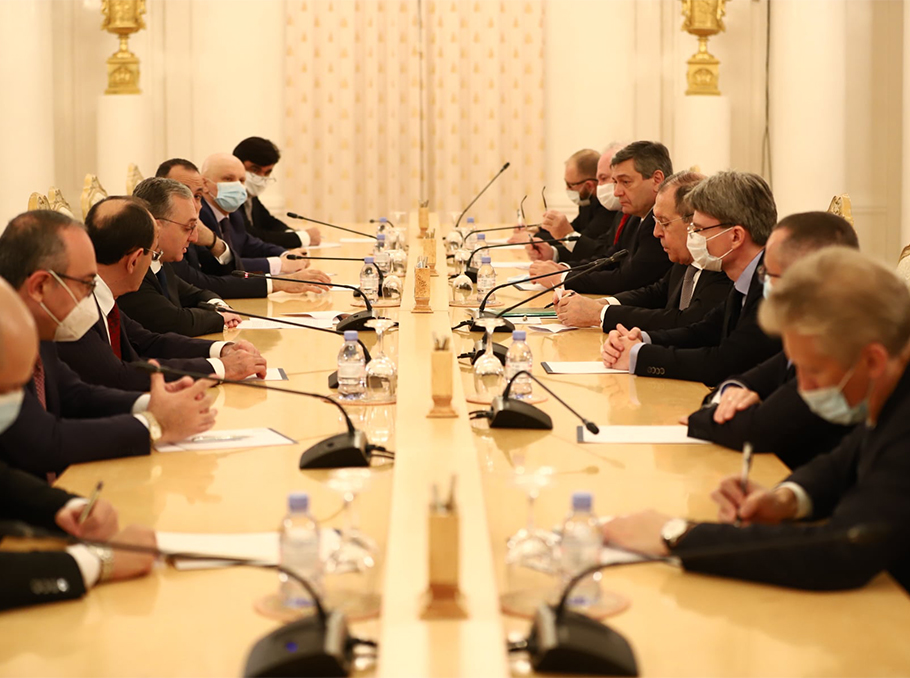
Russia, in this regard, is no different from the United States or China, and therefore the moral factor in allied obligations becomes a priority for it. From Moscow’s point of view, the strengthening or weakening of a particular country in the post-Soviet space as a result of a conflict should be considered in the geopolitical context of its relations with the United States and China, but cannot be of critical importance for maintaining the global balance of power.
This approach is all the more relevant due to the fact that in modern conditions some third states, in particular Turkey, Afghanistan or Iran become participants in the regional balance of power. It is through their active involvement in the affairs of Russia’s allies or neighbors that these powers are gradually drawn into the system of relations, where Moscow, due to its overwhelming military capabilities, in any case occupies a dominant position. Their interaction with the allies of the Russian Federation cannot pose a threat to basic Russian interests, although it creates the conditions under which it must react by virtue of its allied obligations or on the basis of geopolitical calculation,” Bordachev writes.
“In addition, the importance of the medium size third states (Turkey, Iran) in the view of ensuring the security of Russia cannot be considered in isolation from the fact that their own military capabilities cannot be compared with Russia’s. Thus, the strengthening of Turkey as a result of Armenia’s military defeat in the fall of 2020 should, in our opinion, be assessed primarily in the context of that country’s continuing membership in NATO and only then based on its own military capabilities and political ambitions,” the Russian political analyst notes.
















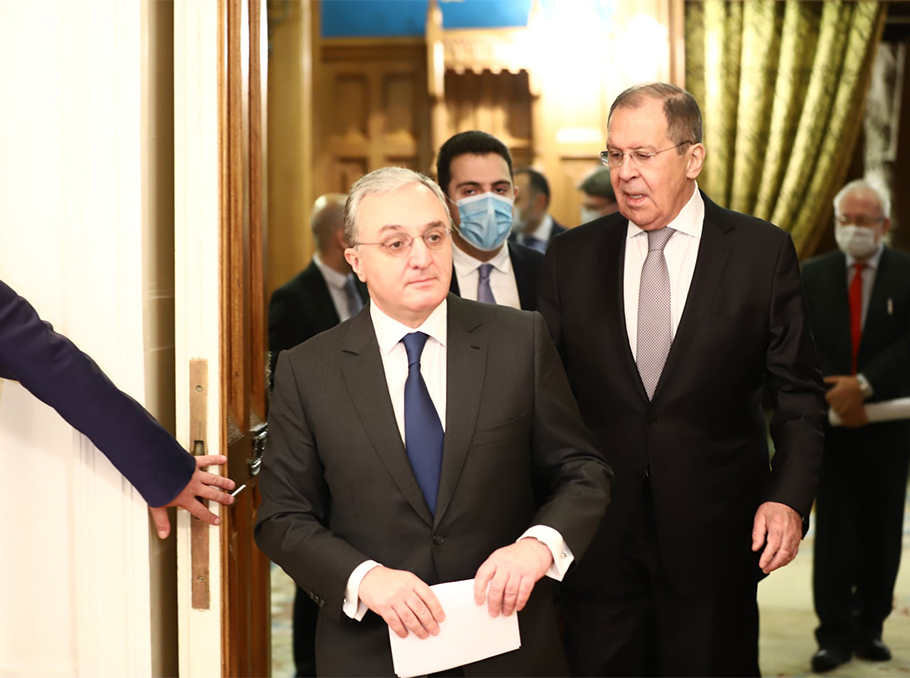
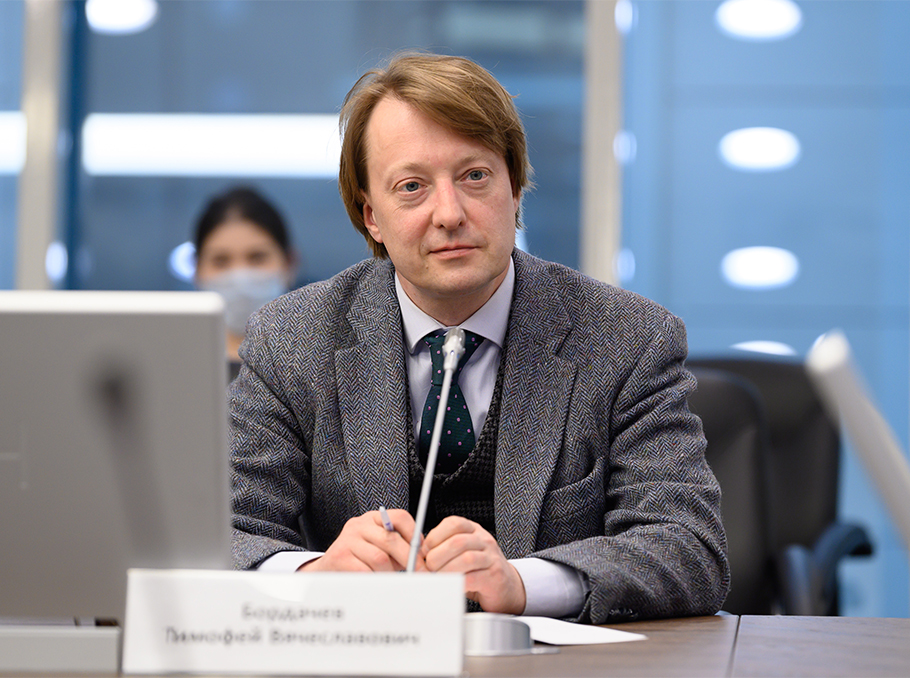
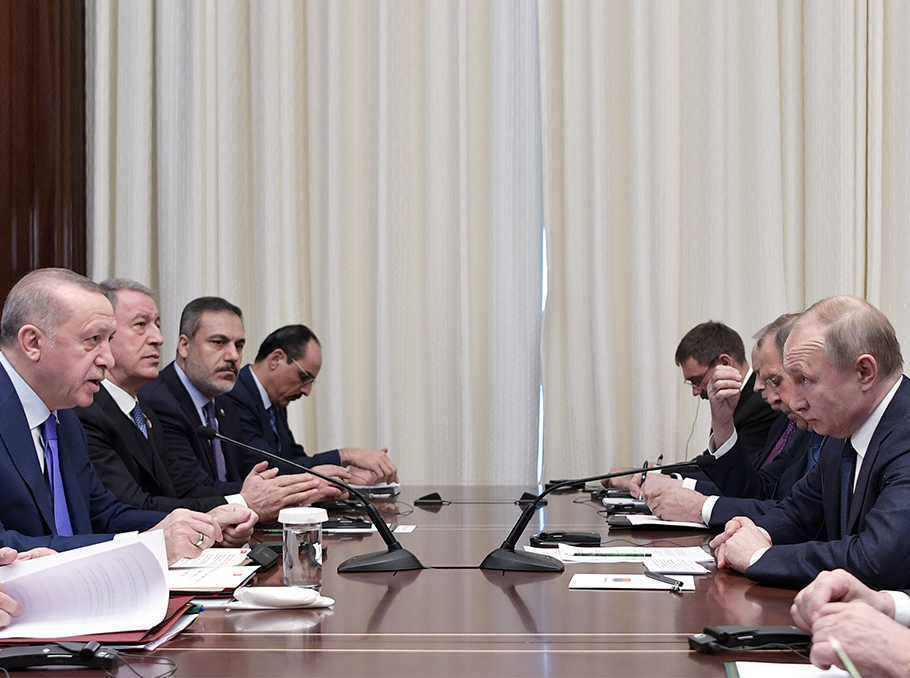

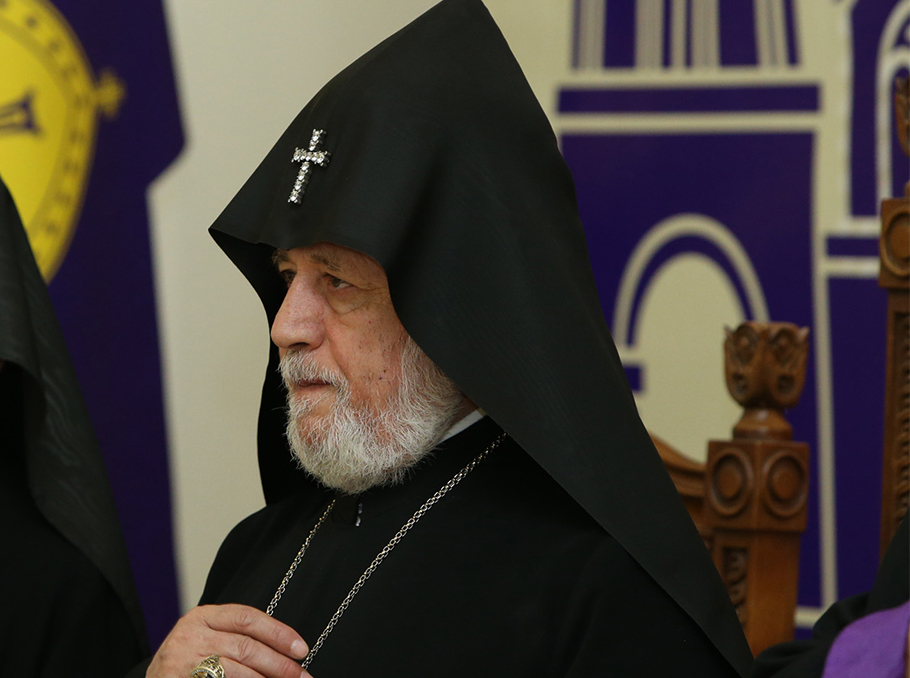
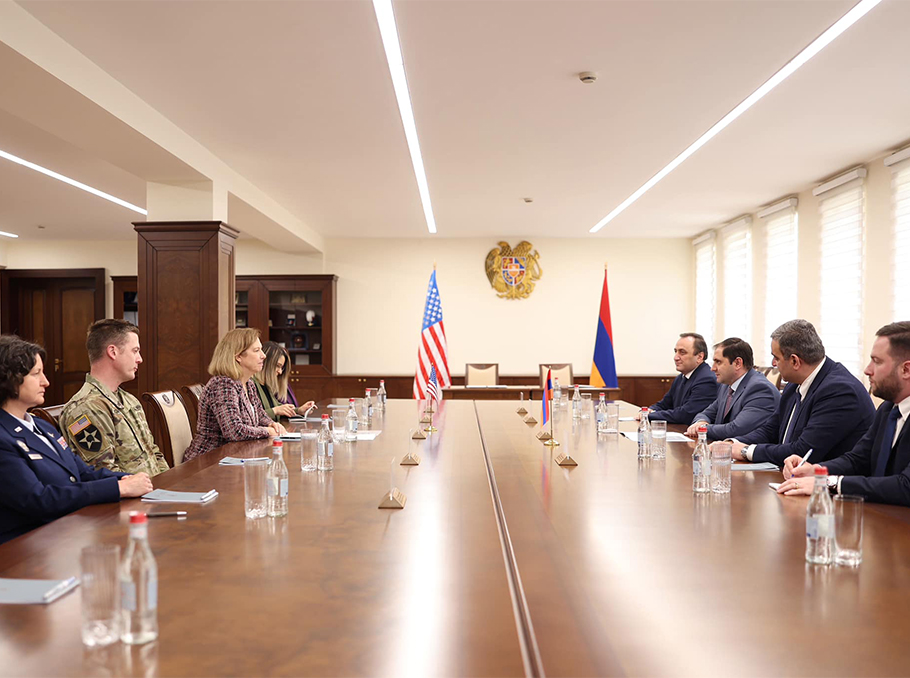
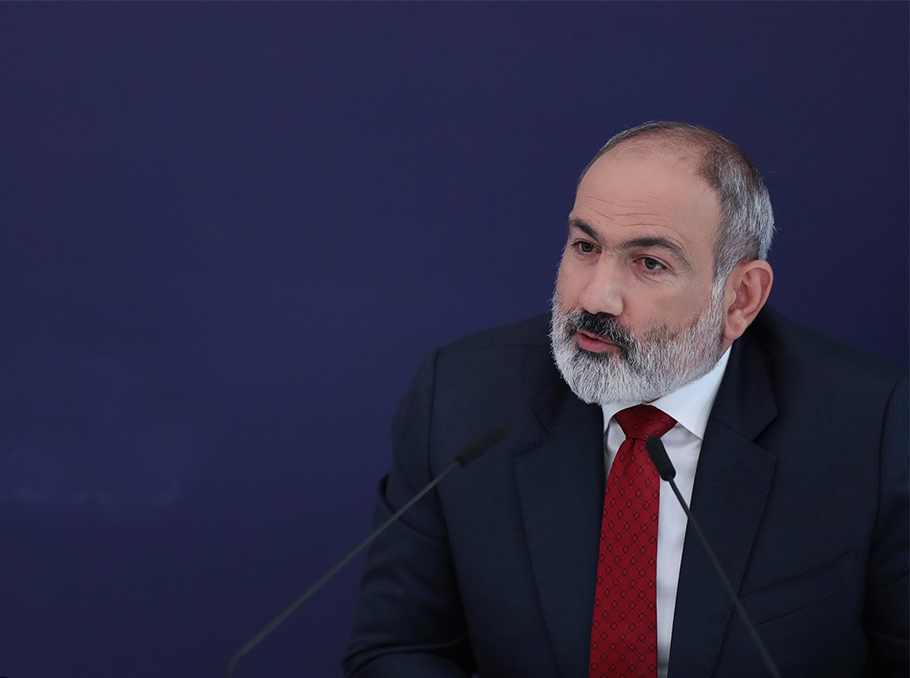





Comments
Dear visitors, You can place your opinion on the material using your Facebook account. Please, be polite and follow our simple rules: you are not allowed to make off - topic comments, place advertisements, use abusive and filthy language. The editorial staff reserves the right to moderate and delete comments in case of breach of the rules.